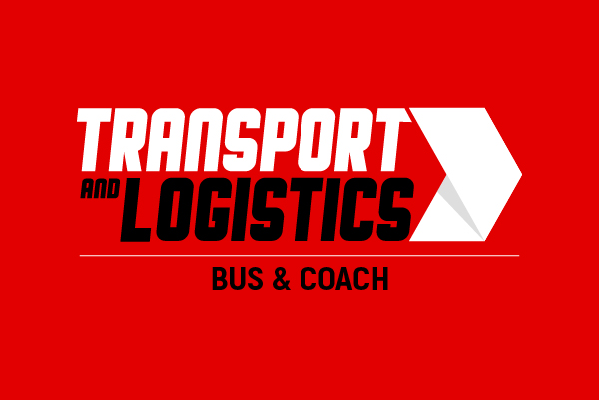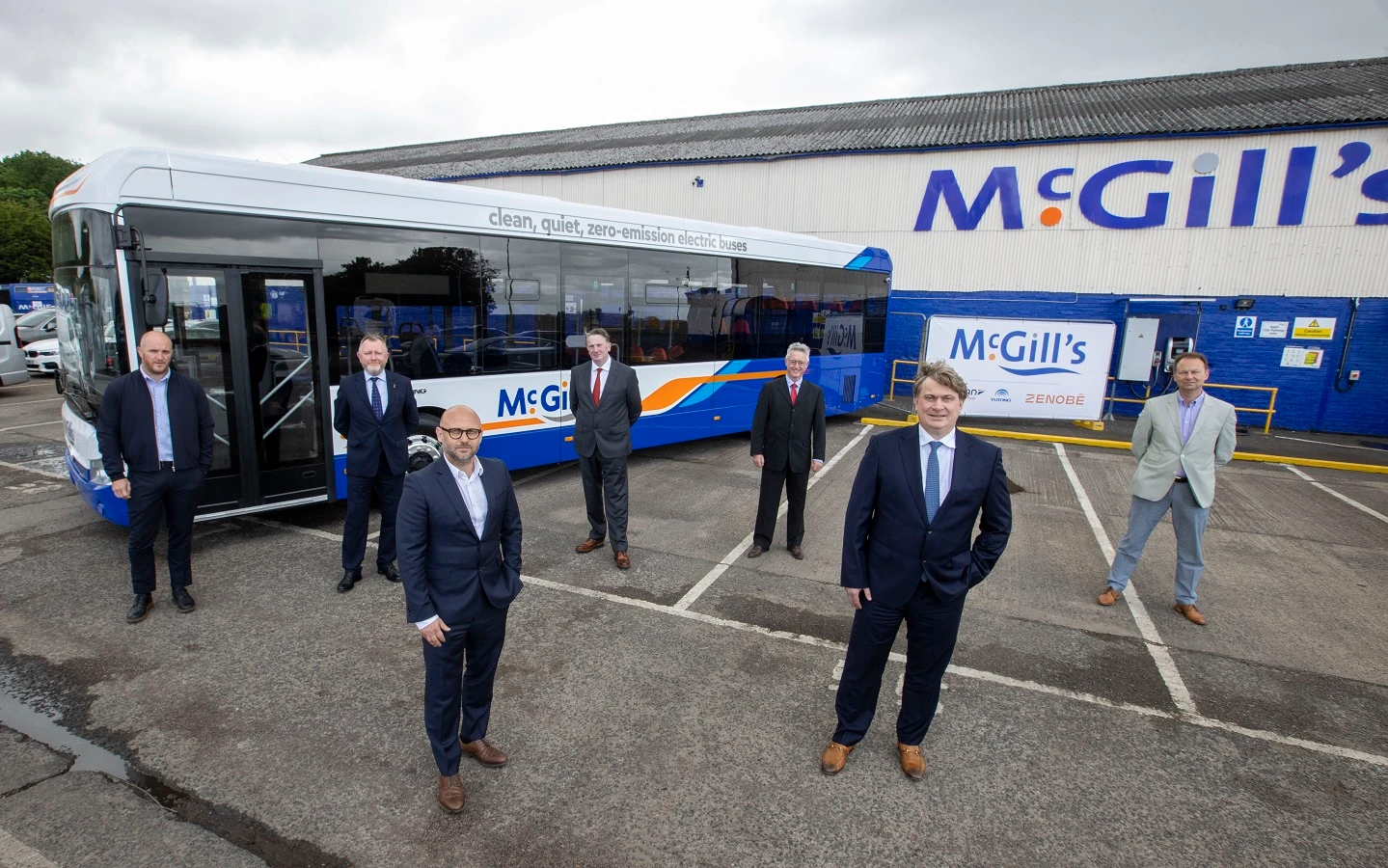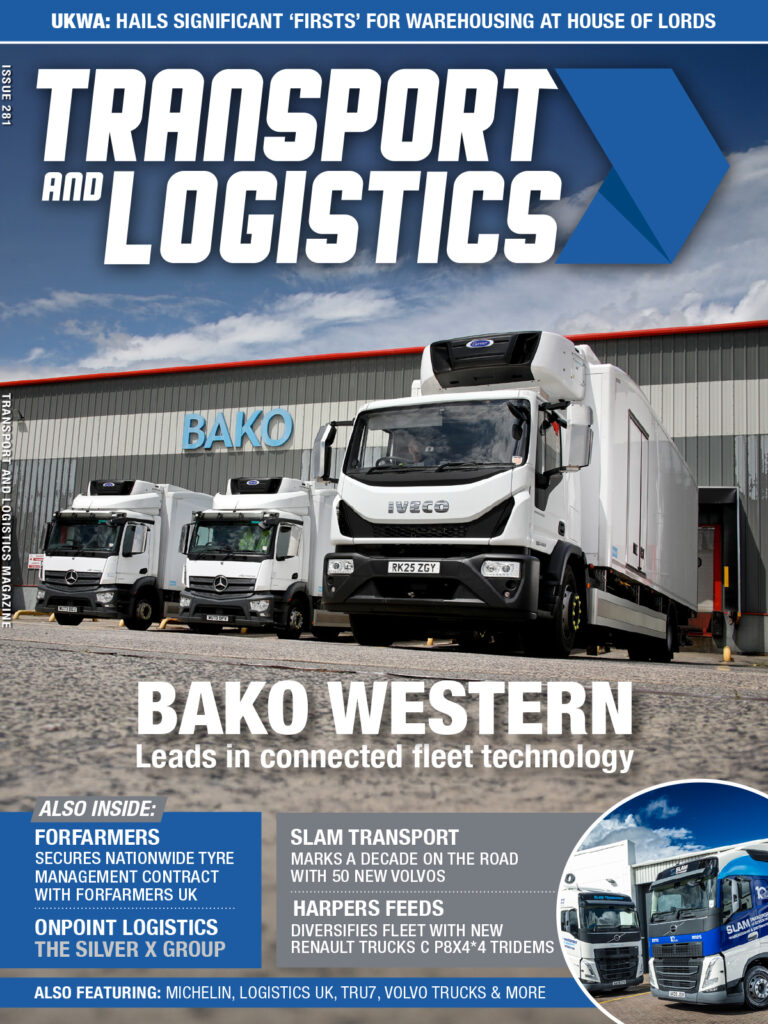EV fleet and battery storage specialist Zenobē has announced it will be continuing the collaboration with McGill’s, Scotland’s leading bus operator. With a clear goal of bringing more electric bus services to West Central Scotland, the companies will electrify a bus depot at Greenock, as well as expand the electric depots at Inchinnan and Johnstone, which facilitate the operation of 41 new electric buses.
“We are delighted to be extending our work with Zenobē. We are committed to offering our customers clean journeys to help improve air quality and protect the environment and are proud to be announcing another important milestone in decarbonising our industry. In the last 12 months, McGill’s has delivered 7.5 million passenger journeys on zero emission buses over 3 million vehicle miles. In conjunction with Scotland’s clean grid, this is game changing for our planet,” commented Ralph Roberts, CEO of McGill’s.
This announcement follows the awarding of funding from the Scottish Zero Emission Bus Challenge Fund (ScotZEB) to McGill’s for new electric buses and the infrastructure to support them. ScotZEB was launched to support the swift transition of the bus market to zero-emission technologies through the use of innovative business models.
Zenobē will be funding the batteries on the 41 Pelican Yutong vehicles and will be building the new infrastructure across sites, as well as implementing its end-to-end software solution to manage the fleet charging and resulting power requirements. Against a backdrop of soaring energy prices, the vehicles will be powered up during off-peak times, supporting operators to go green in a way that minimises operational costs.
This builds on an established working relationship between Zenobē and McGill’s, who initially worked together to electrify depots at Johnstone, Inchinnan and Dundee to facilitate the launch of 68 electric buses. This was partly funded by the Scottish Government’s Scottish Ultra Low Emissions Bus Scheme (SULEB), the scheme that preceded ScotZEB. The next phase is already being worked on to design solutions for the introduction of zero emission buses to Stirling, Falkirk, West Lothian and Edinburgh.
“We’re proud to play a part in driving Scotland towards its ambitious net zero goals, with this project forming part of the c. £69000 million we intend to invest in the country in the next five years. I am also very excited to expand our collaboration with McGill’s after our significantwork together ahead of COP26 in Glasgow last year, which is already successfully delivering cleaner journeys,” said Steven Meersman, Co-founder and Director of Zenobē.
This announcement marks another milestone in Scotland’s drive towards net zero and presses home the point that, in Scotland, zero emission buses are not just for large city centres. The country is becoming a globally important destination for innovation and investment in zero-emission mobility, with world-leading 2045 net zero targets and a commitment to a just transition. Zenobē is committed to supporting these goals and is a member of the Scottish Bus Decarbonisation Taskforce, which recently published its pathway to a zero-carbon bus sector. Zenobē has a planned investment in Scotland of more than £690 million in the next five years.
Transport and Logistics Magazine | The Home of Transport Industry News












